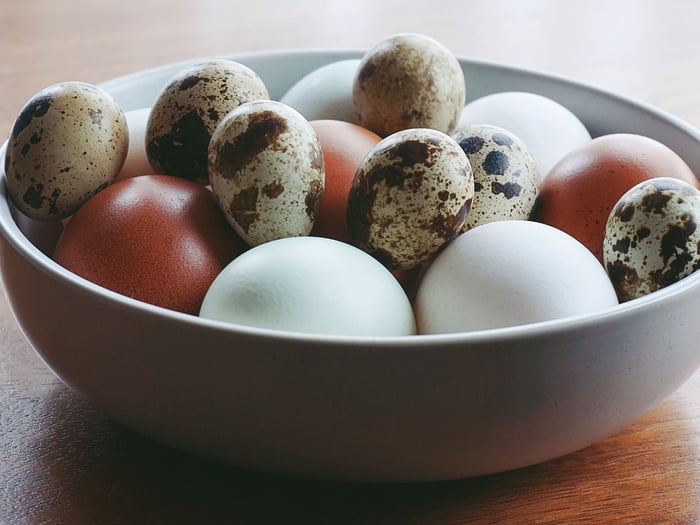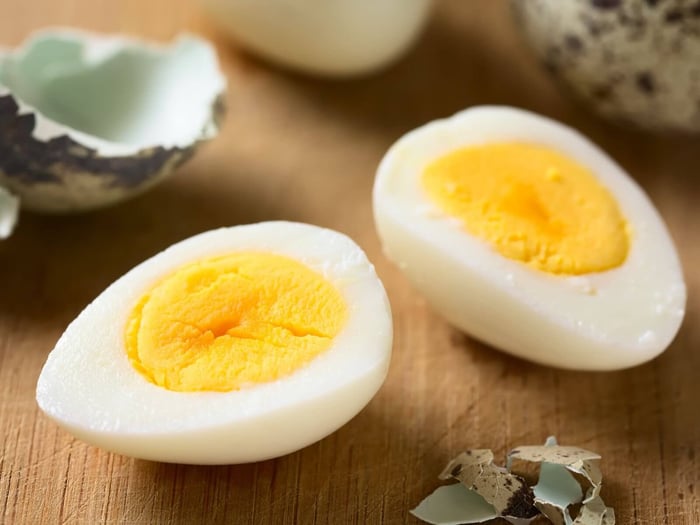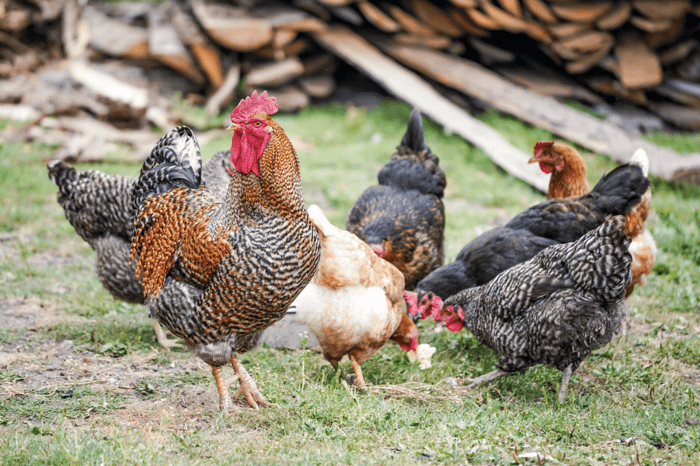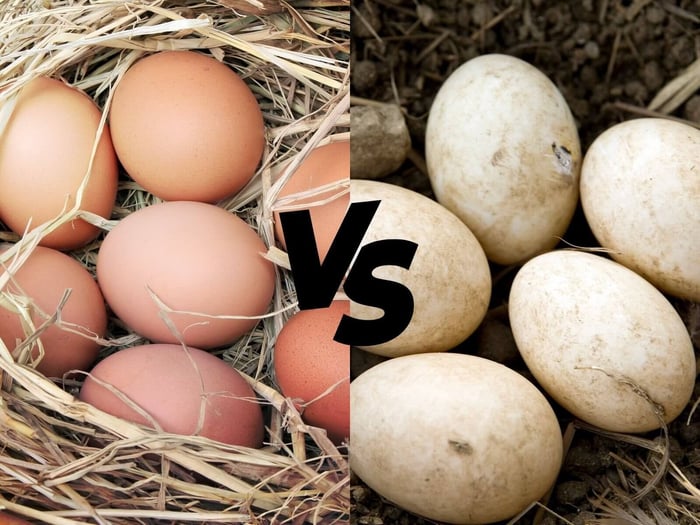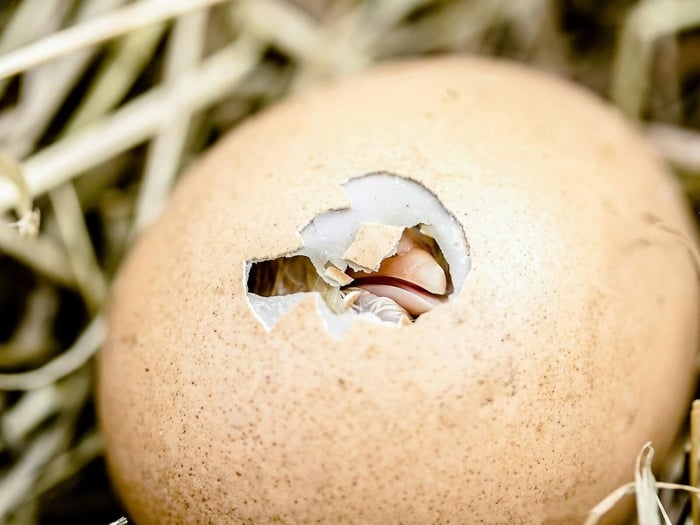Table of Contents
- Quail Eggs vs Chicken Eggs: Taste, Nutrition & Benefits
- Chicken Eggs: Why They’re a Classic Choice
- Quail Eggs: Tiny but Mighty
- Taste: Quail Eggs vs Chicken Eggs
- Nutrition: Quail Eggs vs Chicken Eggs
- Health Benefits of Quail Eggs vs Chicken Eggs
- Cooking With Quail Eggs vs Chicken Eggs
- Cost and Availability
- Sustainability and Farming Considerations
- Quail Eggs vs Chicken Eggs: Which Should You Choose?
- FAQs
Quail Eggs vs Chicken Eggs: Taste, Nutrition & Benefits
Eggs have always been a kitchen essential, loved for their versatility and packed with nutrition. But when it comes to quail eggs vs chicken eggs, which one really comes out on top? Whether you’re a foodie exploring new flavors, a health-conscious eater, or simply curious about these tiny speckled powerhouses, this guide breaks down the taste, nutrition, and benefits of both. Let’s dive into the egg-citing world of quail and chicken eggs to help you decide which suits your lifestyle best.
Chicken Eggs: Why They’re a Classic Choice
Chicken eggs are the go-to for most households. They’re affordable, widely available, and come in either white or brown shells. At around 50 grams each, a large chicken egg delivers reliable protein, essential vitamins, and minerals. From fluffy omelets to cakes and breads, chicken eggs are the workhorse of kitchens everywhere.
Quick Snapshot (per large egg):
About 70 calories
6 grams of protein
Rich in B12, D, choline, and selenium
For everyday cooking, it’s hard to beat the consistency, size, and affordability of chicken eggs.
Quail Eggs: Tiny but Mighty
Quail eggs, by comparison, are petite—just 10–15 grams each—and instantly recognizable with their delicate speckled shells. Despite their size, they pack impressive nutrition. Once considered a gourmet delicacy reserved for upscale restaurants, they’re now growing in popularity among health-focused eaters and adventurous home cooks.
Quick Snapshot (per quail egg):
About 14 calories
1.2 grams of protein
High in vitamin A, riboflavin (B2), and iron
Their small size makes them fun and versatile, while their higher yolk-to-white ratio gives them a creamier, richer taste than chicken eggs.
Taste: Quail Eggs vs Chicken Eggs
When comparing quail eggs vs chicken eggs, flavor is one of the first things people notice.
Chicken Eggs: Mild, familiar, and adaptable to just about any recipe. The flavor is balanced and slightly creamy, especially in the yolk.
Quail Eggs: Richer and more intense despite their size. The higher yolk content gives them a velvety texture and a bolder flavor—sometimes even described as “slightly gamey.”
Verdict: Chicken eggs win for everyday versatility, while quail eggs offer a gourmet upgrade when you want something extra special.
Nutrition: Quail Eggs vs Chicken Eggs
To fairly compare nutrition, it makes sense to look at values per 100 grams instead of per egg.
Chicken Eggs (per 100g, about 2 large eggs):
~140 calories
12g protein
10g fat (3g saturated)
~373mg cholesterol
Strong in vitamins B12, D, and choline
Good sources of selenium and phosphorus
Quail Eggs (per 100g, about 7–10 eggs):
~158 calories
13g protein
11g fat (3.5g saturated)
~844mg cholesterol
Higher in vitamin A and riboflavin (B2)
Rich in iron, phosphorus, and selenium
Verdict: Quail eggs pack slightly more protein and certain vitamins, while chicken eggs offer a balanced profile with lower cholesterol per serving. Both are nutrient-dense, making them excellent choices for a healthy diet.
Health Benefits of Quail Eggs vs Chicken Eggs
Both types of eggs offer unique benefits depending on your goals.
Benefits of Chicken Eggs
Muscle Support: 6g of protein per egg makes them a staple for athletes.
Brain Health: Rich in choline, which supports memory and cognitive function.
Affordable Nutrition: One of the most budget-friendly protein sources.
Eye Health: Yolks contain lutein and zeaxanthin, linked to better vision.
Benefits of Quail Eggs
Immune Boost: Higher vitamin A and selenium levels strengthen immunity.
Energy Production: Riboflavin (B2) keeps your metabolism running smoothly.
Antioxidants: More antioxidants than chicken eggs, which may reduce oxidative stress.
Allergy Alternative: Some studies suggest they’re less likely to trigger egg allergies, though more research is needed.
Verdict: Chicken eggs are great for everyday strength and balance, while quail eggs shine in boosting immunity and providing extra antioxidants.
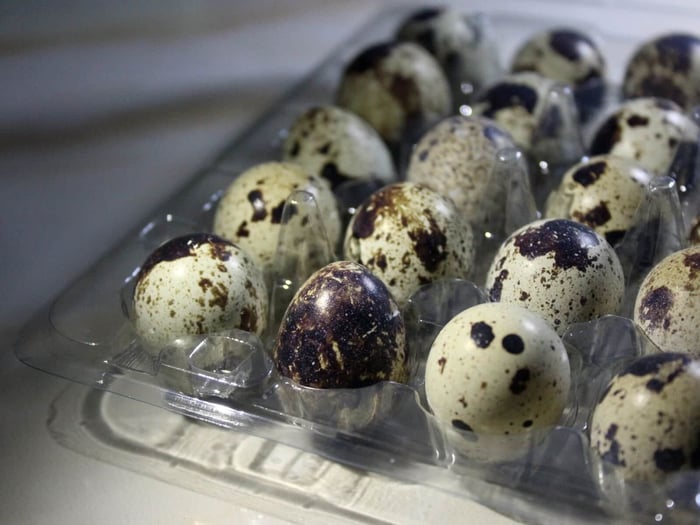
Cooking With Quail Eggs vs Chicken Eggs
Chicken Eggs: The universal staple. Whether baking, scrambling, or frying, their consistent size and mild taste make them easy to use in any recipe.
Quail Eggs: Best for presentation and flair. Their speckled shells and bite-sized appeal make them popular for appetizers, sushi, salads, or as garnishes.
Cooking Tip: To substitute quail eggs in a recipe, use a 4:1 ratio (four quail eggs for one chicken egg). Boil them for just 2–3 minutes compared to 10–12 minutes for chicken eggs.
Cost and Availability
Chicken eggs are widely available and usually sell for $3–$6 per dozen depending on whether they’re conventional, free-range, or organic. But the most rewarding way to enjoy them (ok, we may be a little biased here) is by raising your own hens. Starting out by ordering baby chicks, and in 5-6 months you can have a steady supply of fresh eggs right in your backyard. Trust me when I say you will taste the difference!
Quail eggs, on the other hand, are more of a rarity. Their smaller yield and niche market mean they often cost $5–$10 per dozen at specialty stores. The good news? We now offer fertilized quail eggs so you can hatch your own quail at home. That means not only enjoying these tiny, nutrient-packed eggs yourself but even having the option to sell them locally if you want to share the bounty.
Sustainability and Farming Considerations
Buying eggs at the store is convenient, but nothing beats the sustainability of collecting them from your own backyard. When you raise chickens or quail yourself, you know exactly how your birds are cared for, what they eat, and how they live. That transparency translates into healthier eggs and greater peace of mind.
Chickens are a tried-and-true option for families looking for a reliable egg supply, while quail require less space and can be a more eco-friendly choice for those with smaller backyards or suburban setups. By raising your own flock—whether chickens, quail, or both—you’re reducing reliance on large-scale commercial farms, cutting down on transportation emissions, and making your household more self-sufficient.
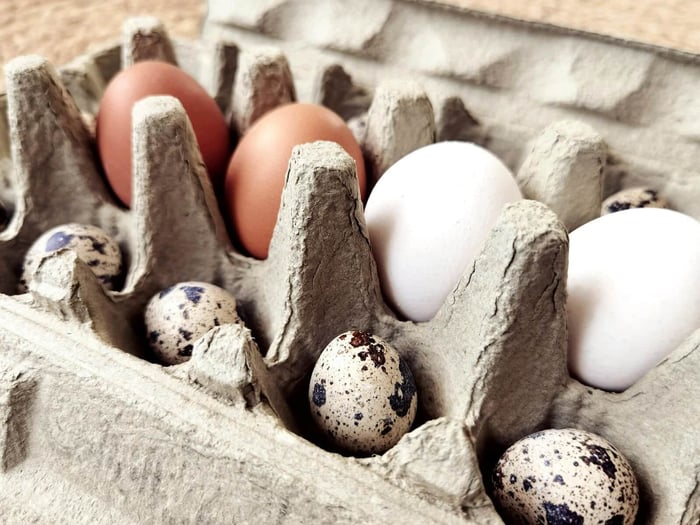
Quail Eggs vs Chicken Eggs: Which Should You Choose?
When weighing quail eggs vs chicken eggs, the best choice really depends on your goals.
Go with chicken eggs if you want affordability, familiarity, and a reliable everyday option.
Try quail eggs if you’re after a richer flavor, compact size, and a more gourmet experience.
But here’s the real win—you don’t have to choose just one. By raising your own flock, you can enjoy the best of both worlds. With live chicks, you’ll have a steady supply of fresh chicken eggs right in your backyard. And if you want to explore something different, our fertilized quail eggs let you hatch your own quail, collect their tiny speckled eggs, and even sell them locally as a unique side business.
Whether you’re looking for affordable protein, a gourmet ingredient, or a step toward greater self-sufficiency, both chicken and quail eggs deliver. So why not start your own backyard adventure? Fresh, healthy eggs are just a flock away.
FAQs
Are quail eggs healthier than chicken eggs?
Both are nutritious, but quail eggs have slightly more protein and vitamins like B2, while chicken eggs are lower in cholesterol and more balanced overall.
Can I substitute quail eggs for chicken eggs in recipes?
Yes, use about 4–5 quail eggs per chicken egg. Adjust cooking times since quail eggs cook faster.
Are quail eggs safe for people with egg allergies?
Some evidence suggests quail eggs may be less allergenic, but consult a doctor before trying them if you have an egg allergy.
Where can I buy quail eggs?
Check specialty grocery stores, Asian markets, or online retailers. They’re less common than chicken eggs but growing in popularity.


.png)
